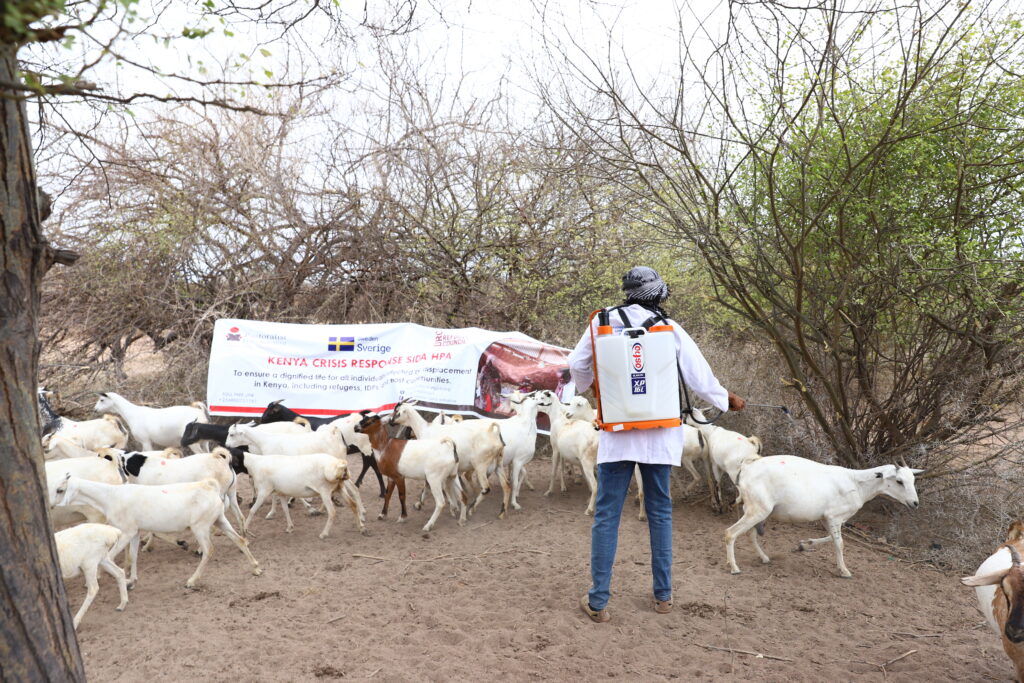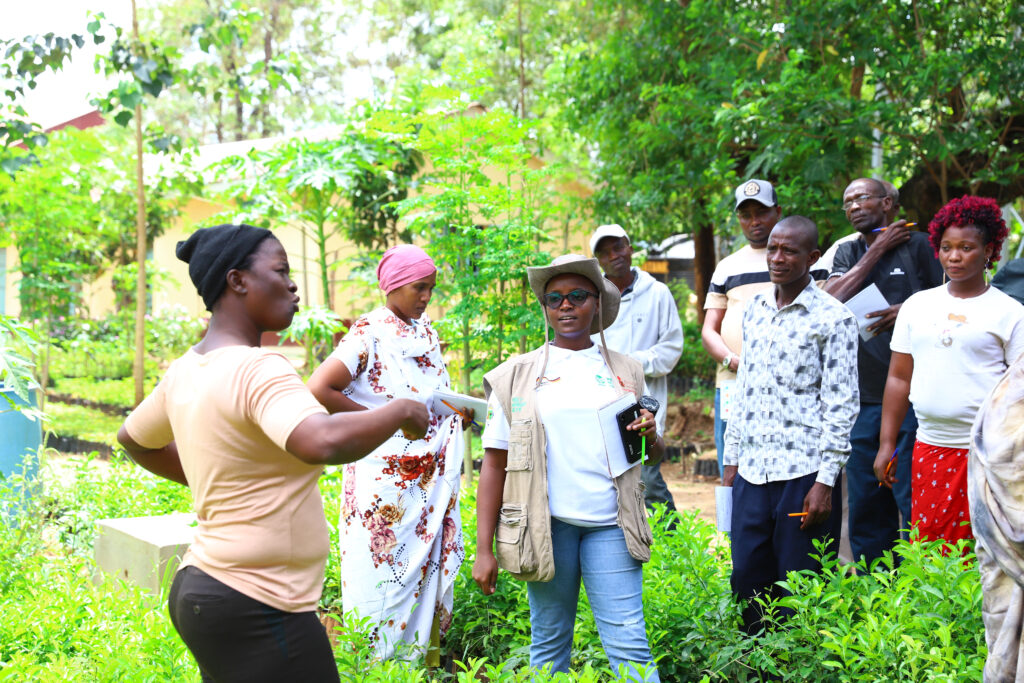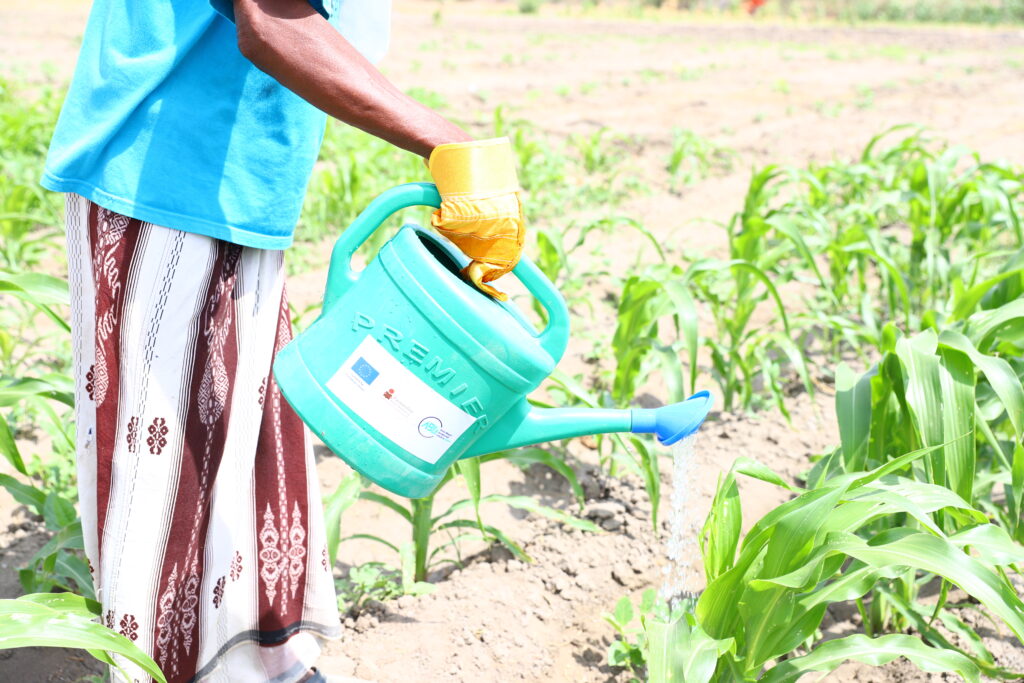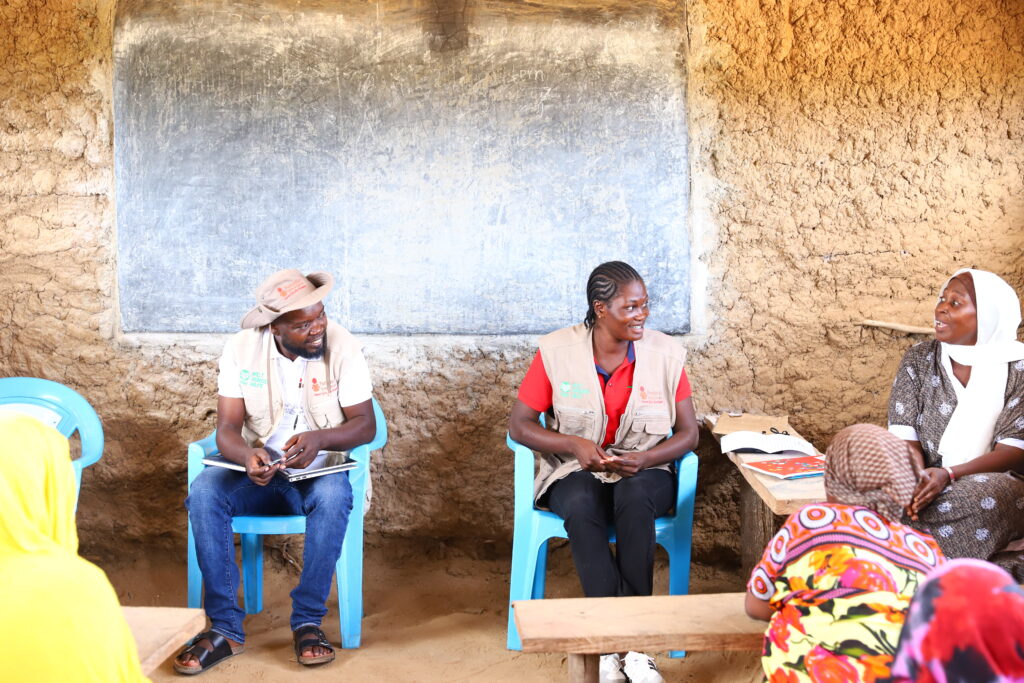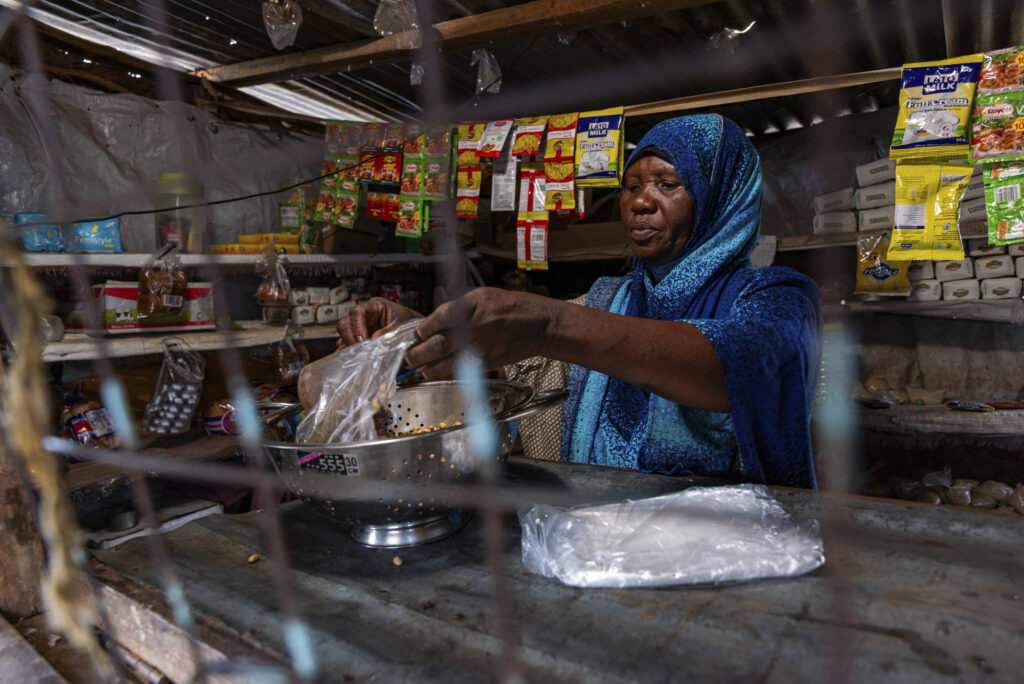Through the collective efforts KES 775,399,736 was mobilized to address urgent needs, enhance resilience, and foster recovery among the most vulnerable communities.
The Pastoralist Girls Initiative (PGI) is committed to addressing the root causes of poverty by fostering sustainable livelihoods that enhance income generation, asset building, and access to finance and markets. Through these efforts, PGI empowers women to better provide for their children, ensuring their present and future well-being.
In Garissa and Tana River Counties, PGI employs innovative strategies to improve household resilience and livelihoods. Our programs are designed to deliver sustainable development outcomes by promoting environmentally friendly agricultural practices, creating youth employment opportunities, building community resilience, and advancing climate change mitigation and adaptation.
Key Achievements.
Humanitarian Assistance - Achievements and Outlook
The Pastoralist Girls Initiative (PGI) delivered vital humanitarian assistance during multiple emergencies, including droughts, floods, and locust infestations, in Garissa and Tana River counties. These interventions reached a total of 23,560 households, comprising 9,675 male-headed households and 13,885 female-headed households, supporting a total population of 153, 523 People, (95,473 females and 58,050 Males), Through Multipurpose Cash Assistance, MPCA.
The responses were made possible through partnerships with key donors and organizations, including, partners WHH, Oxfam, ACTED, NRC, IRC, AJWS, WJR, and DRC, and Donors, ECHO, SIDA, START FUND, and Al Thani Foundation, Through the collective efforts of these partners, KES 775,399,736 was mobilized to address urgent needs, enhance resilience, and foster recovery among the most vulnerable communities.
Goals of the Year
- Skills training initiatives (e.g., vocational training for girls).
- Support for income-generating activities (e.g., grants, equipment, or livestock distribution).
- Progress on capacity-building efforts for communities.
- The livelihood development initiatives implemented under Different program made significant progress in enhancing community resilience and economic independence.
- These efforts were categorized into three key areas:
- skills training initiatives,
- support for income-generating activities,
- capacity-building for communities. Below are the highlights of these achievements.
- Village Savings and Loan Associations (VSLA); Trained 85 farmer groups (2,125 individuals: 1,038 males, 1,087 females) through seven sessions per group, promoting financial literacy, climate adaptation strategies, and self-help structures.
- Nutritional Knowledge and Practices; Improved dietary habits among 2,125 individuals through training health workers and conducting cooking demonstrations to promote the use of locally available foods.
- Livestock Training; Delivered targeted training for 35 farmers (27 males, 8 females) on improved dairy goat farming and 24 farmers (16 males, 8 females) on livestock feed formulation, enhancing livestock productivity and income.
- Crop Husbandry; Trained 67 individuals (24 males, 43 females) from 5 farm groups to advance skills in effective crop management.
- Beekeeping; Equipped 45 farmers (27 males, 18 females) with skills in beekeeping and apiary establishment, promoting agricultural diversification and supporting pollination efforts.
- Livestock Feed Support; Distributed 5,000 super nippier grass seeds to 20 farmers, enabling sustainable livestock feeding practices.
- Micro-Grants: Disbursed KES 8,600,000 to 29 groups (12 women-led, 6 youth, 1 PwD, 6 self-help, 3 CBOs, and 2 community groups), supporting ventures such as goat breeding, watermelon farming, irrigation, and agricultural training, benefiting 625 members (210 males, 415 females).
- Agricultural Inputs: Provided 85 groups with seeds (maize, mung beans, cowpeas, beans, and vegetables) and essential farm tools (hoes, jembes, rakes, pangas), strengthening food security and nutrition.
- Agroforestry Support: Supplied 6,000 fruit seedlings (bananas, mangoes, pawpaws, citrus) and 4 drip irrigation systems to 900 households, advancing sustainable agricultural practices.
- Livelihood Diversification: Supported 10 beekeeping groups (250 individuals), 6 poultry groups (150 individuals), 4 fish farming groups (100 individuals), 2 fodder production groups (50 individuals), and 16 dairy goat farming groups (400 individuals).
- Leadership and Governance: Trained 321 community members (109 males, 210 females, 6 PwDs) in leadership, governance, financial management, and disaster resilience.
- Climate Adaptation: Empowered 85 groups (2,125 individuals) with knowledge of climate adaptation strategies to mitigate environmental challenges.
- Livelihood Value Chains: Delivered training across diversified value chains, including beekeeping, poultry, fish farming, fodder production, and dairy goat farming, fostering economic resilience and self-reliance
- Community-Centric Approaches Foster Ownership; Engaging community members in designing and implementing interventions, such as VSLA training and micro-grant allocation, enhanced participation and ownership, leading to higher adoption rates and sustainable outcomes.
- Targeted Training Leads to Empowerment; Skills-based training, particularly for women and youth, proved essential in building confidence, improving financial literacy, and enhancing agricultural practices. Tailored approaches addressing the specific needs of groups, such as PwDs and women-led initiatives, were particularly effective.
- Livelihood Diversification Strengthens Resilience; Diversifying income-generating activities, such as beekeeping, poultry farming, and vegetable gardening, helped reduce reliance on a single livelihood source, increasing household resilience against economic shocks and environmental challenges.
- Practical Demonstrations Enhance Adoption; Activities like cooking demonstrations and on-farm training sessions (e.g., crop husbandry and livestock feed formulation) were crucial in translating theoretical knowledge into practical skills, ensuring immediate application and long-term benefits.
- Investments in Tools and Inputs Yield Results; Provision of agricultural tools, seeds, and drip irrigation systems significantly enhanced productivity and efficiency, demonstrating the importance of coupling training with tangible support.
- Holistic Support Promotes Sustainability; Combining capacity-building initiatives with material support (e.g., agroforestry seedlings, farm implements) created synergies that fostered sustainable agricultural and economic practices among beneficiaries.
- Challenges of Resource Allocation; Ensuring equitable distribution of resources and tailoring support to varying group sizes and needs posed logistical challenges. Streamlining such processes is key for future efficiency.
- The Role of Gender Inclusivity; Prioritizing women’s participation and leadership in training and income-generating activities helped address gender disparities, demonstrating the importance of targeted gender-sensitive interventions.
- Climate Adaptation Requires Ongoing Focus; Training on climate-resilient practices was well-received but highlighted the need for continuous capacity-building to address the dynamic nature of climate challenges faced by communities.
- Collaborative Learning Builds Cohesion; Training and engaging diverse groups such as women-led, youth, and self-help groups created platforms for collaborative learning and peer support, strengthening social cohesion and knowledge sharing.
Fun Facts About our ACHIEVMENTS
Households
Individuals through training health workers
